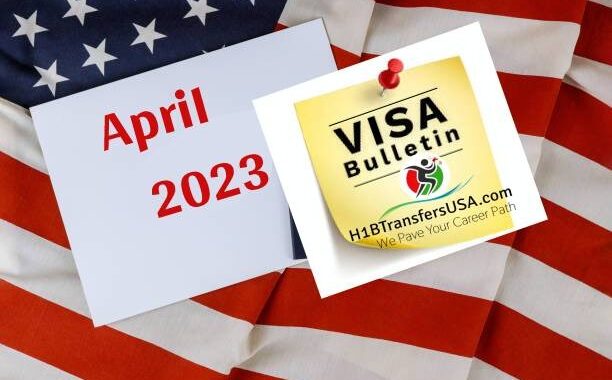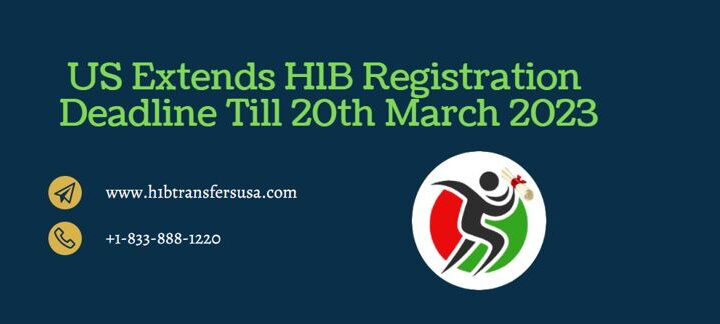Court Says Government Overstepped its Powers in Suspending Visas
2 min read
When it comes to immigration policies, the President has wide power. Immigration is viewed as a matter of national security, which falls right in line with the responsibilities of the President and the executive branch. But at least one court has recently put a check on those powers. At least when it comes to a recently enacted visas ban.
President Suspends Certain Visas
In June of this year, and referring to national security—specifically, the security of American businesses from foreign immigrants during a period of a pandemic. The President singularly put aside a huge number of Visa programs. These programs included H-1B, L-1, H-2B, and J-1 temporary visas.
What made the action unique, was that this was not simply a president adjusting rules or explaining interpretations of existing laws. This was a president, referring to national security. That essentially declared that current systematized laws related to these visa programs. Duly passed by Congress as all laws should be, would just stop to exist.
The lawyers contending against the President, and thus, against the ban on the previously mentioned visas. Argued that the President’s referred to reasons behind halting or suspending the Visas. The risk of lost employment for Americans–were just domestic economic policy reasons. Also, that didn’t place them in the category of national security, where the President would have more leeway to do what is required to protect the nation.
Court Rules Against President’s Suspension of Visas
Without the national security issue, the President exceeded his bounds, as indicated by the Court’s decision.
Additionally, the court found that although Congress, through immigration law, does delegate to the President certain abilities to modify, alter or interpret immigration laws for the purposes behind national security, it didn’t delegate this much power.
Also, Check [H-1B Specialty visas can be granted to computer programmers, says American court]
The Visa boycott looked to completely wipe out a large number of statutorily mandated visa categories. For an indefinite amount of time. Delegating that kind of authority is essentially delegating to the President the ability to write (or eliminate) laws. Which violates the constitutional separation of powers principles. Notably, the prohibition on the Visas, as set up by the President, was set to end in December 2020. However, could be extended “indefinitely” at the will of the President.
Previous Attempts Also Stricken Down
This isn’t the first time courts have argued over whether a presidential decision. That alters immigration policy is national, or domestic policy. However, the president’s past policy, trying to deny entry into the nation for immigrants who had no medical insurance. Didn’t establish any foreign crisis or foreign powers as indicated by certain courts. In this way, it was just an issue of domestic economic policy, which needed to go through the proper lawmaking channels.






